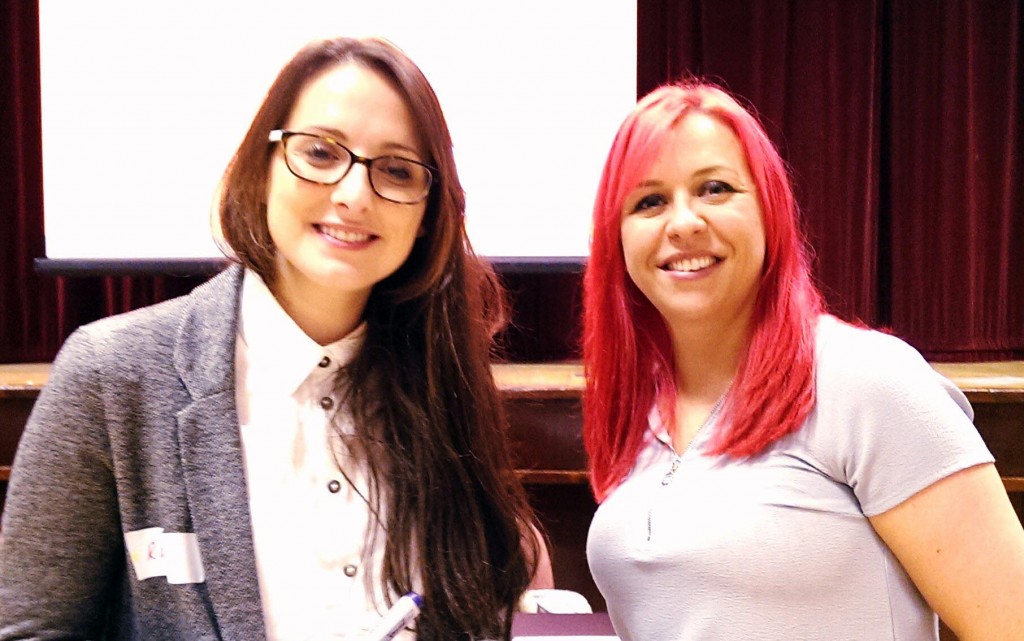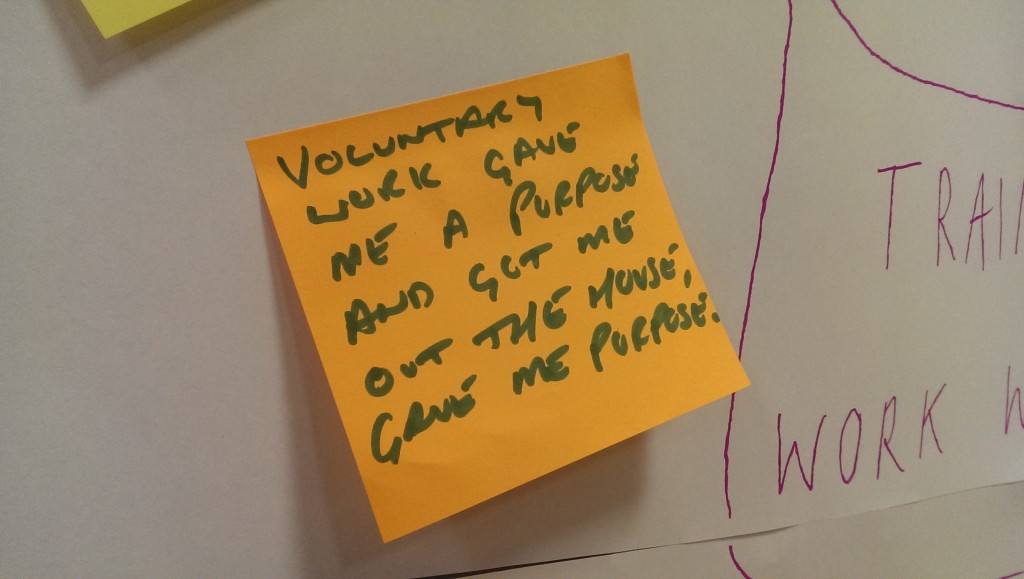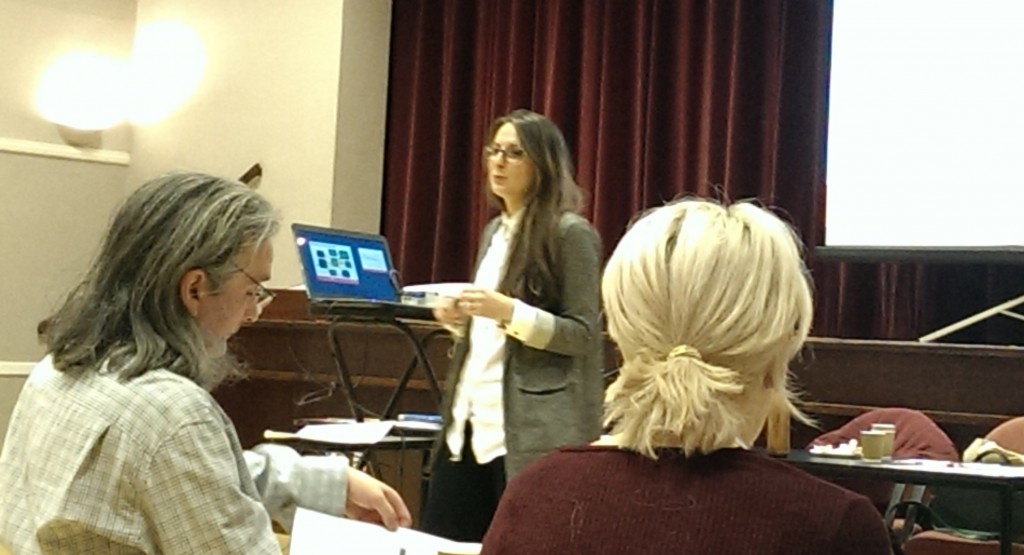Anne Connor, Chief Executive of Outside the Box, talks of her experience attending Shelter Scotland’s first ‘Conversation Cafe’ – which continues our work with the vulnerable people we support to help inform and improve our services and ensure their needs are met.
Last week saw the first of a series of Conversation Cafés that Shelter Scotland is hosting in Glasgow.
A team at Shelter Scotland have been talking to people in Glasgow who have complicated lives and who have been using, or might need to use, services that give advice and support around homelessness.
The Glasgow Participation Project is looking in a different way at the people who need support and what might help them. The aim is to find out what people need and what could work for them. Shelter Scotland can then develop how they respond, including building partnerships with other organisations and services that work with people in these circumstances. Yesterday was the start of that second stage.
Outside the Box is working with the project, to help the team set out a plan, draw together what they hear, and think about ways to take the ideas forward. The first benefit for me is working with a team who are full of enthusiasm at the prospect of making services work better and enabling people who face huge challenges to have a better life. The second came last week, when I got to meet people who have contributed to the project and have conversations with them.
The team has met with people who are in touch with many services across Glasgow. Each service is usually focussing on only one or a few of the difficulties that people face: addictions, mental health problems, access to housing, other aspects of homelessness, criminal justice, support for children and families. The team have also talked to workers at those services, to hear their ideas on what could work better and how services and organisations can work together.
People at this Conversation Café talked about services that work – that listen, treat you with respect and try to understand the other problems in your life. They described how it feels when you are frightened and lonely, trying to make sense of a complicated set of services that don’t join up, and when a worker you have just begun to trust stops supporting you as soon as you begin to make progress on one part of your life. “It just wears you down.”
Again and again people came back to the support they get from other people who have lived with these difficulties. What came over is this strong sense of community, of people caring about what happens to other people in similar circumstances, looking out for each other, and wanting to help other people if they can.
The other way in which people talked about community was where they lived – how getting a house in an area where you have friends and support networks makes a big difference in whether you can manage to look after the house and yourself, maintain the tenancy and make a life for yourself. People talked about how having a house but no community is not a good prospect for many people. Services that support people to stay connected with the communities they already have as well as finding new communities wherever they live become a lifeline.
There were lots of ideas on new responses – practical support that could help people sustain tenancies and move on in their lives, ways to get through a crisis, and help to look ahead. Some of these innovations will be using current resources differently, some can come from people having more control and choice in the support they get, and all include peer support.
I’m looking forward to what happens next.




